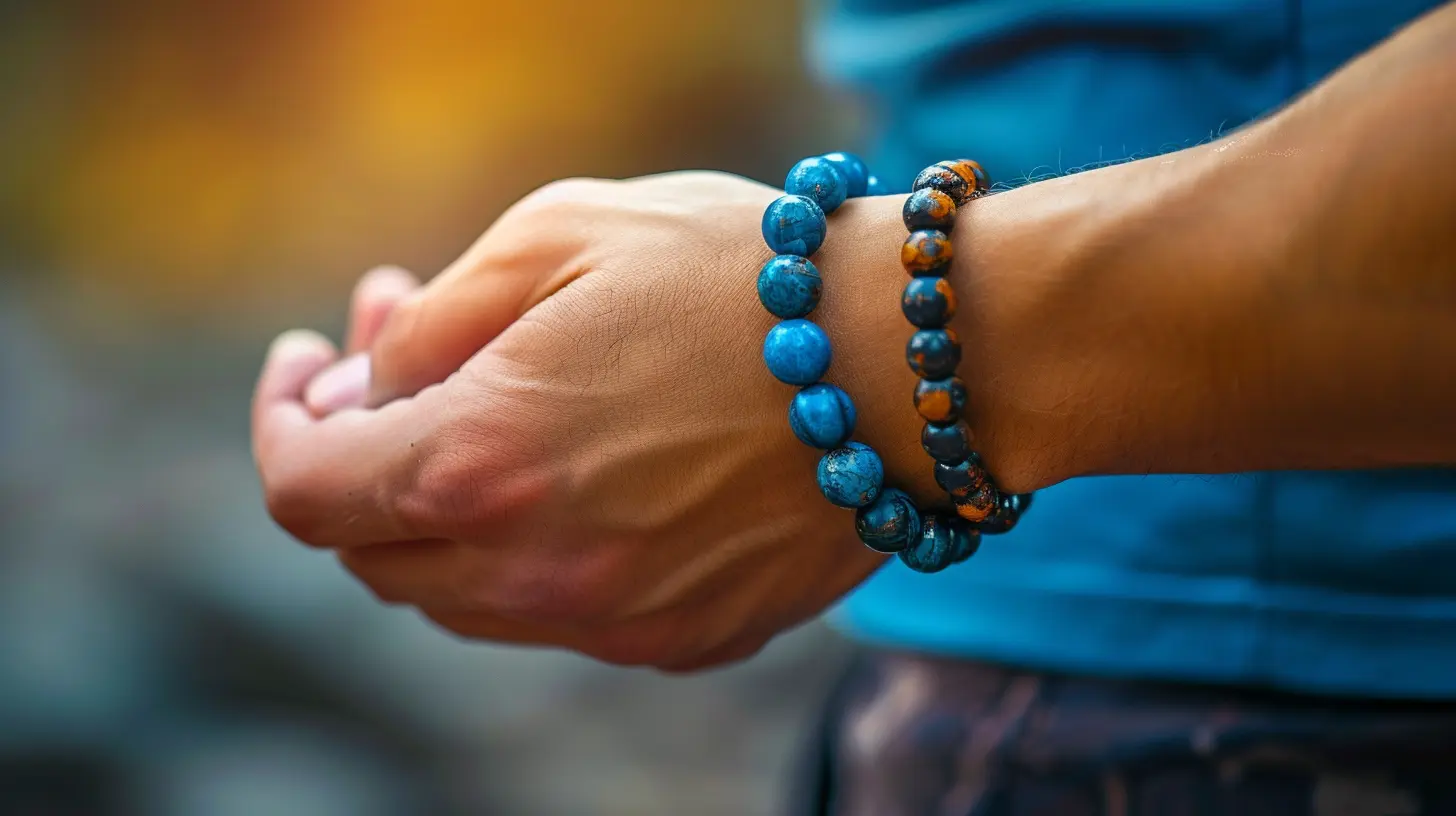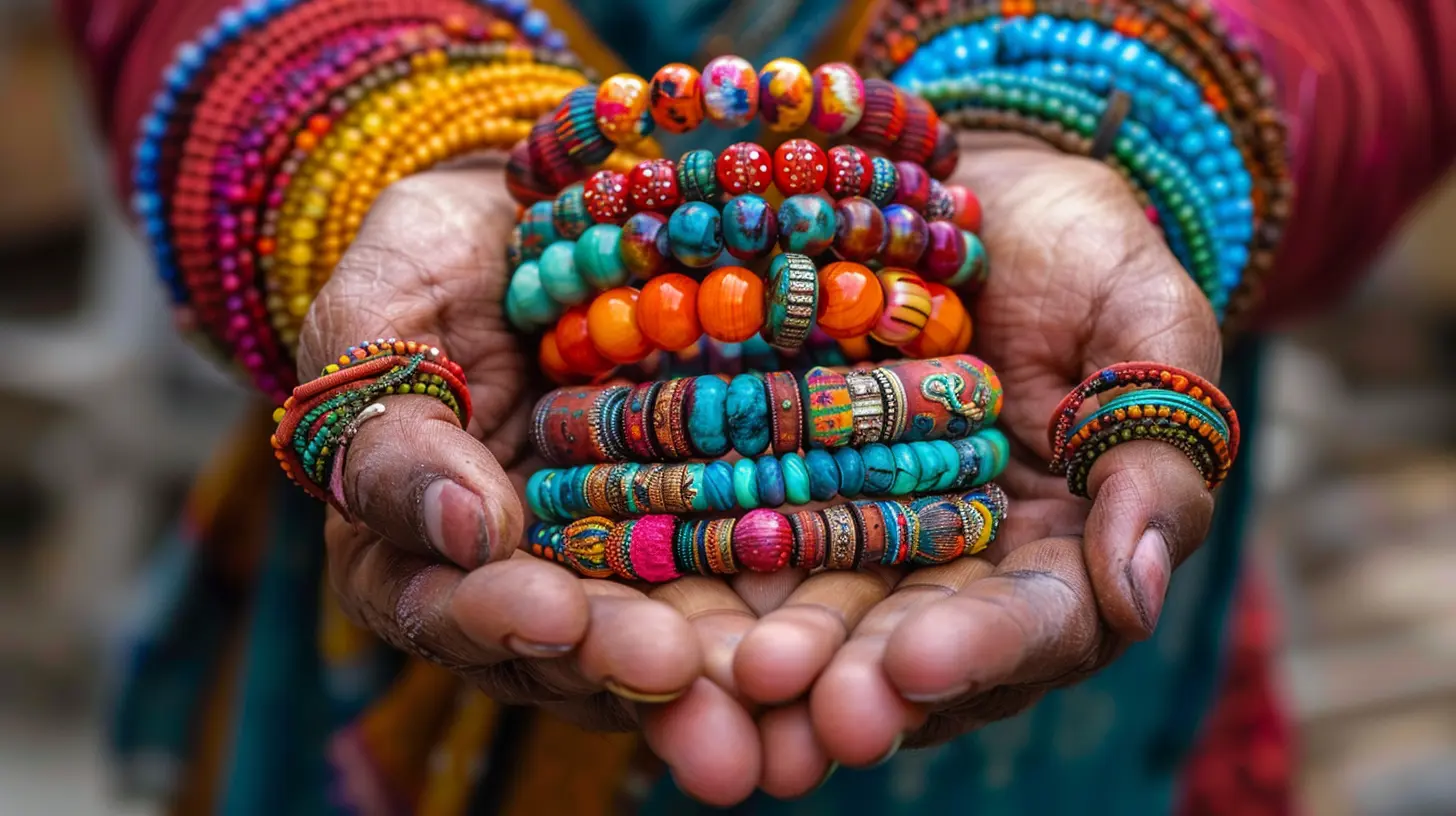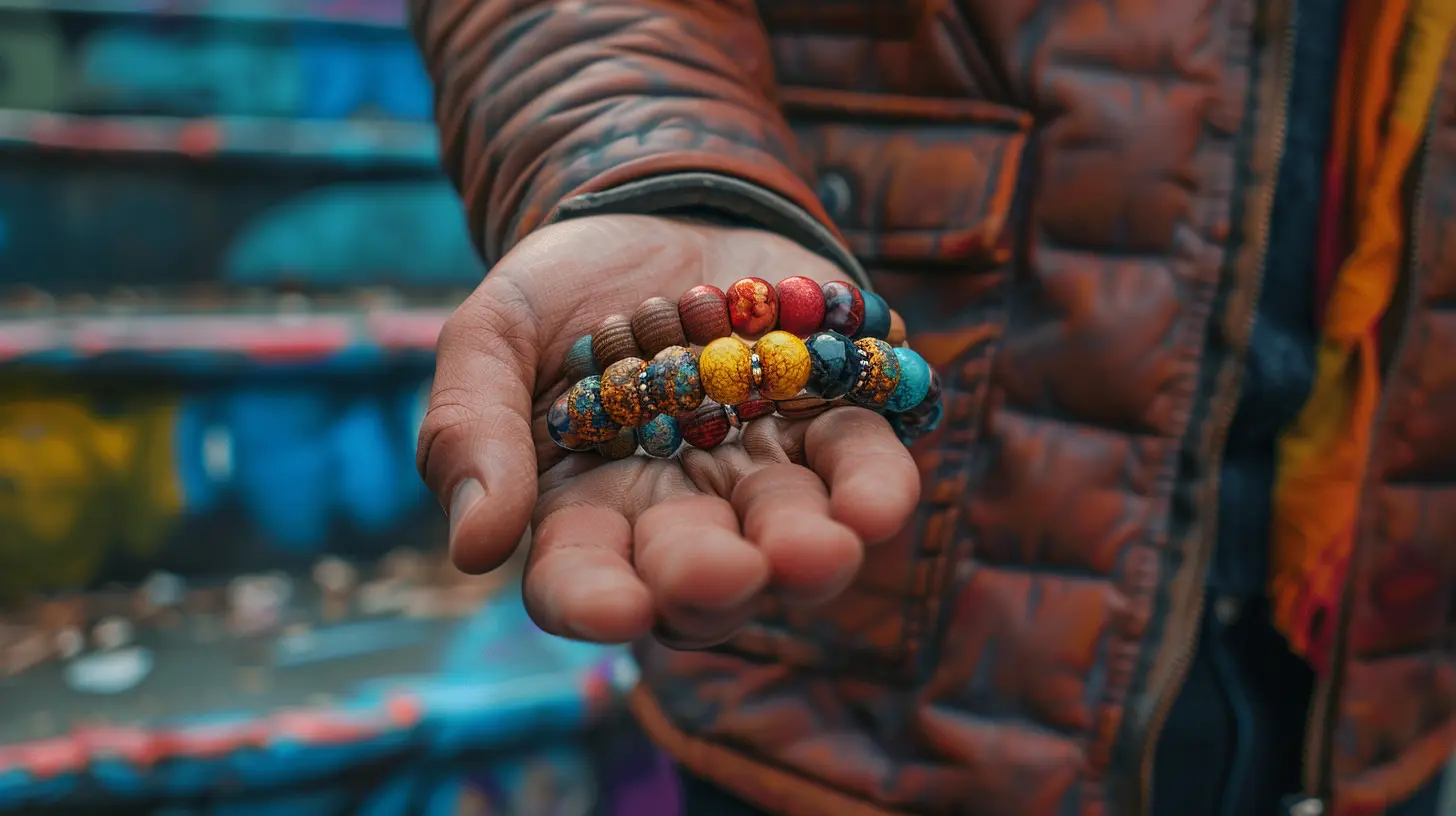The Free Bracelet Scam: How to Politely Decline
19 June 2025
Traveling is a beautiful experience, filled with exciting adventures, rich cultures, and unforgettable moments. However, not every interaction on your journey will be as wholesome as you’d like. Scammers are everywhere, always looking for ways to take advantage of unsuspecting tourists.
One of the most common street scams is the "Free Bracelet Scam." It seems harmless at first—someone offers you a free bracelet, and before you know it, you’re pressured into paying for something you never wanted.
But don’t worry! In this guide, we’ll break down how this scam works, how to avoid it, and, most importantly, how to politely decline with confidence. After all, staying safe doesn’t mean you have to be rude! 
🚨 What Is the Free Bracelet Scam?
At first glance, it seems like an act of kindness. A stranger—usually found in tourist areas—approaches you with a big smile and offers a "gift." This could be a woven bracelet, a string charm, or even a small beaded accessory.Sounds innocent, right? Well, not quite.
Here’s how the scam typically unfolds:
1. The Friendly Approach – The scammer greets you warmly, sometimes pretending to be part of a local cultural group. They might say something like, "It's tradition!" or "You have a kind face!"
2. The ‘Free’ Gift – Before you can react, they quickly tie a bracelet around your wrist or slip a charm into your hand.
3. The Pressure Begins – Once it’s on you, they suddenly change their demeanor. They insist you pay, saying it's a donation, a tip, or that refusing would be rude.
4. Guilt Tripping & Aggression – If you hesitate, they may guilt-trip you or even get aggressive, creating an uncomfortable situation that makes you feel pressured to pay just to escape.
5. The Overpriced ‘Fee’ – The amount they ask for can vary, but it's always way more than the bracelet is worth. Some scammers will even try to upsell additional items.
This can put travelers in awkward and distressing situations, especially those unfamiliar with the scam. But don’t worry—there are effective ways to politely decline and avoid falling victim. 
💡 How to Politely Decline the Free Bracelet Scam
1. Keep Your Hands to Yourself
The best way to avoid this scam is simple: don't engage. If someone approaches you with a bracelet, make sure to keep your hands in your pockets or clasp them together. This prevents them from slipping the bracelet onto you before you can refuse.Tip: If someone reaches for your wrist, gently pull away and take a step back. A simple "No, thank you" said firmly can deter them.
2. Use a Firm Yet Polite Tone
Scammers capitalize on hesitation. The key is to be direct and clear without being aggressive. Some polite ways to decline:- “No, thank you. I’m not interested.”
- “I appreciate it, but I don’t want one.”
- “No, thanks. I don’t have money for this.”
Speaking confidently and without hesitation makes it clear that you're not an easy target.
3. Walk With Purpose & Avoid Eye Contact
If you see someone offering free bracelets, avoid eye contact and keep moving. Looking lost or engaging in small talk makes you seem more approachable—exactly what scammers want.Tip: Pretend you’re in a hurry or already in conversation with a friend. A simple head shake and a smile can work wonders.
4. Don’t Feel Obligated to Be Nice
Politeness is great, but scammers exploit kindness to trap you. Remember: You don’t owe them anything. Avoid long apologies—being too nice can be seen as an opening.A short, firm “No, thanks” is enough. You don’t need to explain yourself. 
🏆 What to Do If You Already Have the Bracelet
Sometimes, despite your best efforts, a scammer might tie the bracelet on your wrist before you can react. If that happens, here’s what to do:1. Remove it and hand it back – Even if they insist it’s free, simply take off the bracelet and place it on a nearby surface (like a bench or stall).
2. Walk away confidently – Don't wait for their reaction. Just turn and leave.
3. Refuse to pay – If they demand money, stand your ground by saying, "I didn’t ask for this, and I’m not paying."
Scammers rely on pressure and embarrassment to make tourists comply. Stay confident, and don’t let them intimidate you. 
🌍 Where This Scam Is Common
The free bracelet scam is widespread and happens in many major tourist destinations, including:- Paris – Particularly around the Sacré-Cœur in Montmartre.
- Rome – Outside major landmarks like the Colosseum and Trevi Fountain.
- Barcelona – Along Las Ramblas and near La Sagrada Familia.
- London – Tourist-heavy areas like Leicester Square or Oxford Street.
- Morocco – In busy markets (souks), especially in Marrakech.
No matter where you travel, stay alert in crowded areas—these are prime spots for scammers.
🛡️ Extra Tips to Avoid Tourist Scams
While the free bracelet scam is one of the more common ones, staying vigilant can protect you from all kinds of tourist scams. Here are some golden rules:✔ Be Aware of Your Surroundings – Distracted tourists are easy targets. Always keep an eye on the people around you.
✔ Trust Your Gut – If something feels off, walk away. Scammers rely on making you doubt yourself.
✔ Carry Minimal Cash – The less cash you carry, the less you can lose in case of a scam or pickpocketing.
✔ Use a Money Belt – Keep valuables tucked away where they can’t be easily accessed.
✔ Learn Common Scams Before You Travel – A little research before your trip can save you a lot of trouble.
✨ Final Thoughts
Traveling should be about joy, adventure, and discovery—not dealing with cheap scams! While it’s unfortunate that these things happen, the good news is that a little awareness and confidence can help you avoid them entirely.The key takeaway? Be polite, but be firm. Scammers thrive on uncertainty, so staying calm and assertive is your best defense.
Remember, you are in control of your experience. Don't let anyone guilt-trip or pressure you into something you never asked for. Keep your wits about you, trust your instincts, and enjoy your travels worry-free!
all images in this post were generated using AI tools
Category:
Travel ScamsAuthor:

Taylor McDowell
Discussion
rate this article
2 comments
Jace Dorsey
Great tips! Staying savvy while traveling makes every adventure more enjoyable. Happy travels and safe adventures! 🌍✈️
September 7, 2025 at 3:45 AM

Taylor McDowell
Thank you! I'm glad you found the tips helpful. Safe travels! 🌍✈️
Bennett McPhee
Remember, if someone offers you a free bracelet on vacation, it’s probably not a gift—more like an expensive ‘friendship’ that comes with a hidden price tag. Just smile and walk away!
June 28, 2025 at 3:03 PM

Taylor McDowell
Absolutely! Always be cautious of “free” offers; they often come with strings attached. It’s best to politely decline and avoid any pressure.


